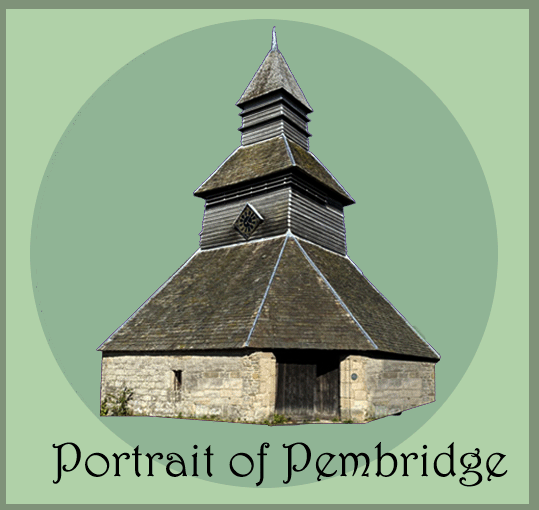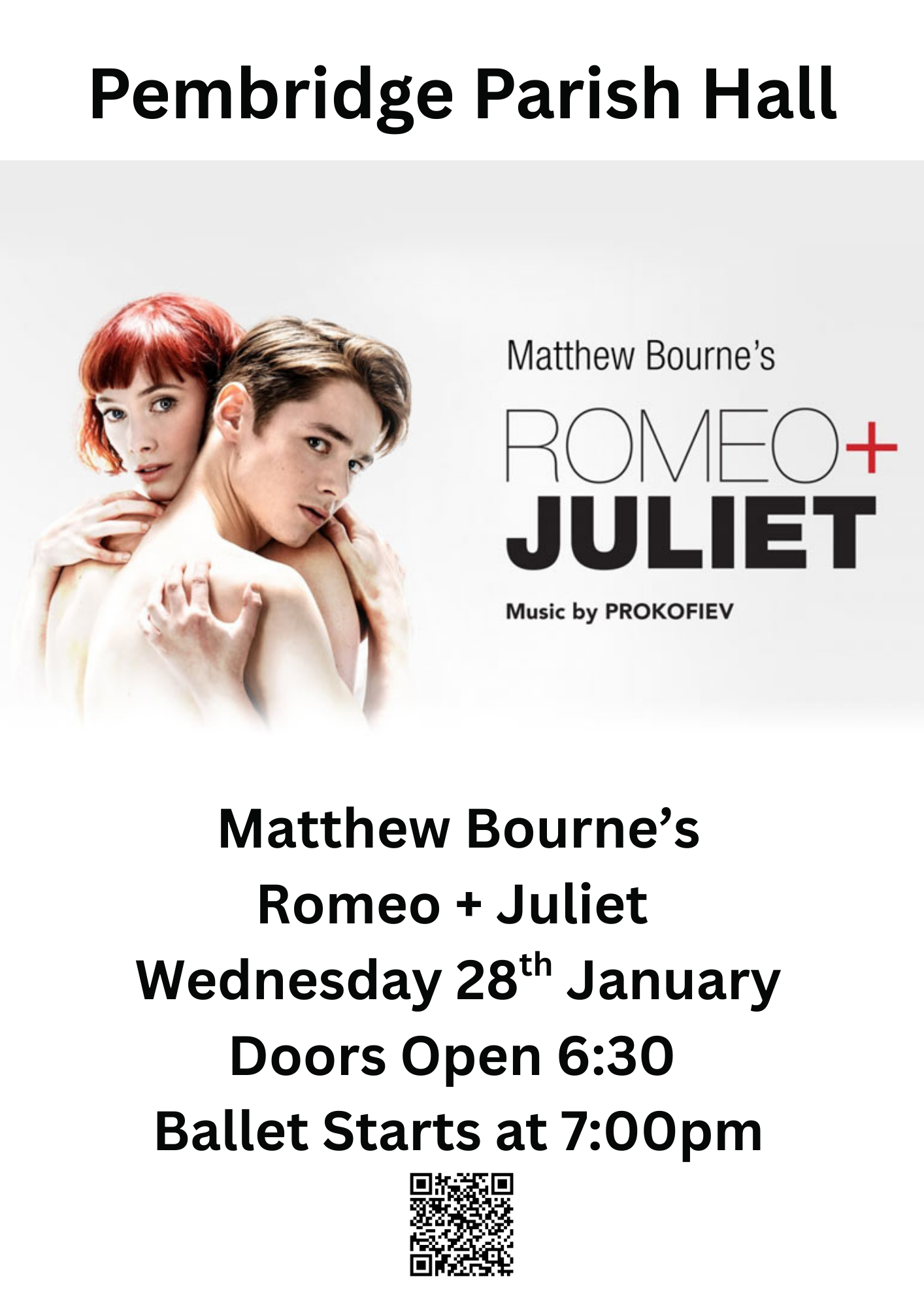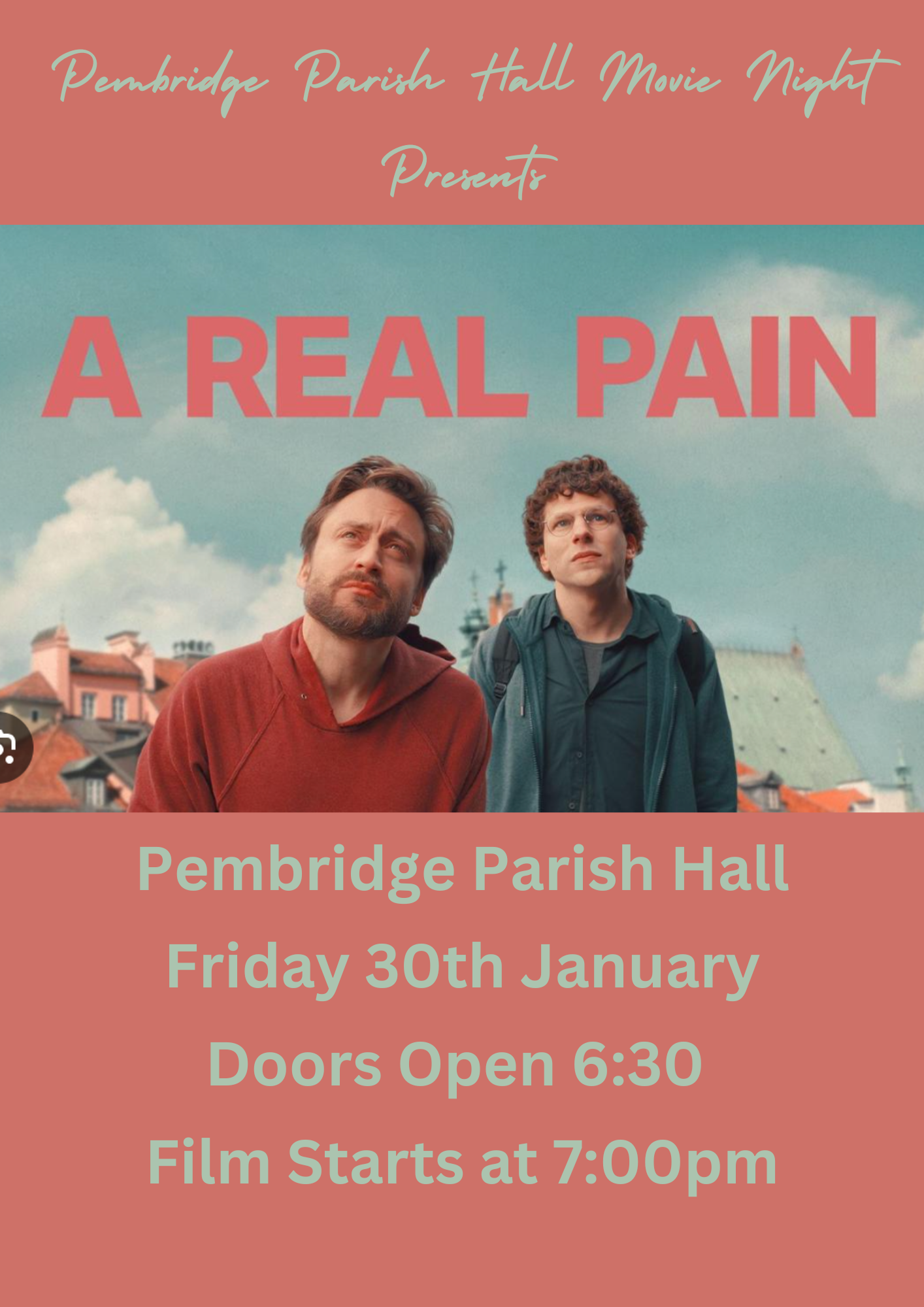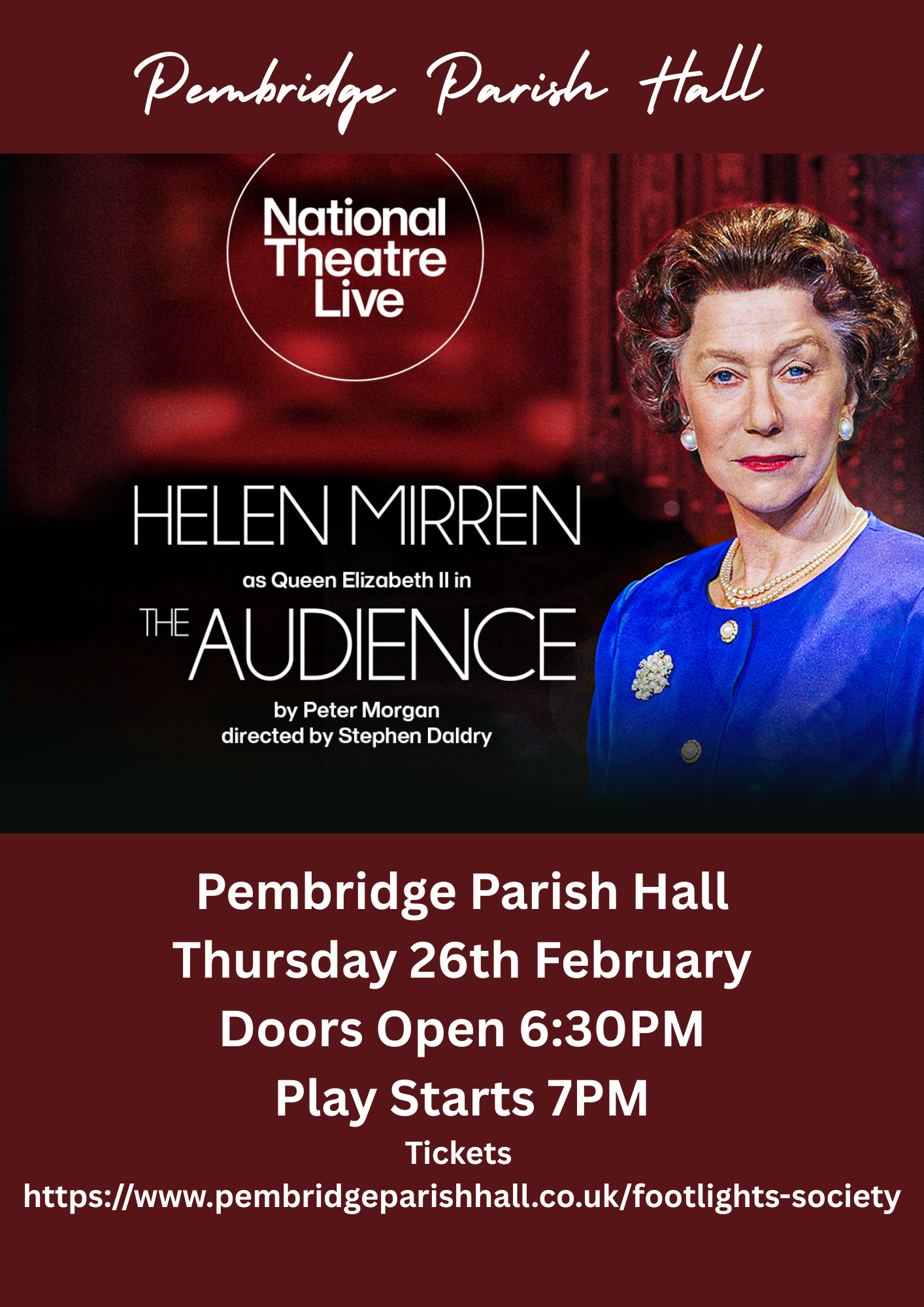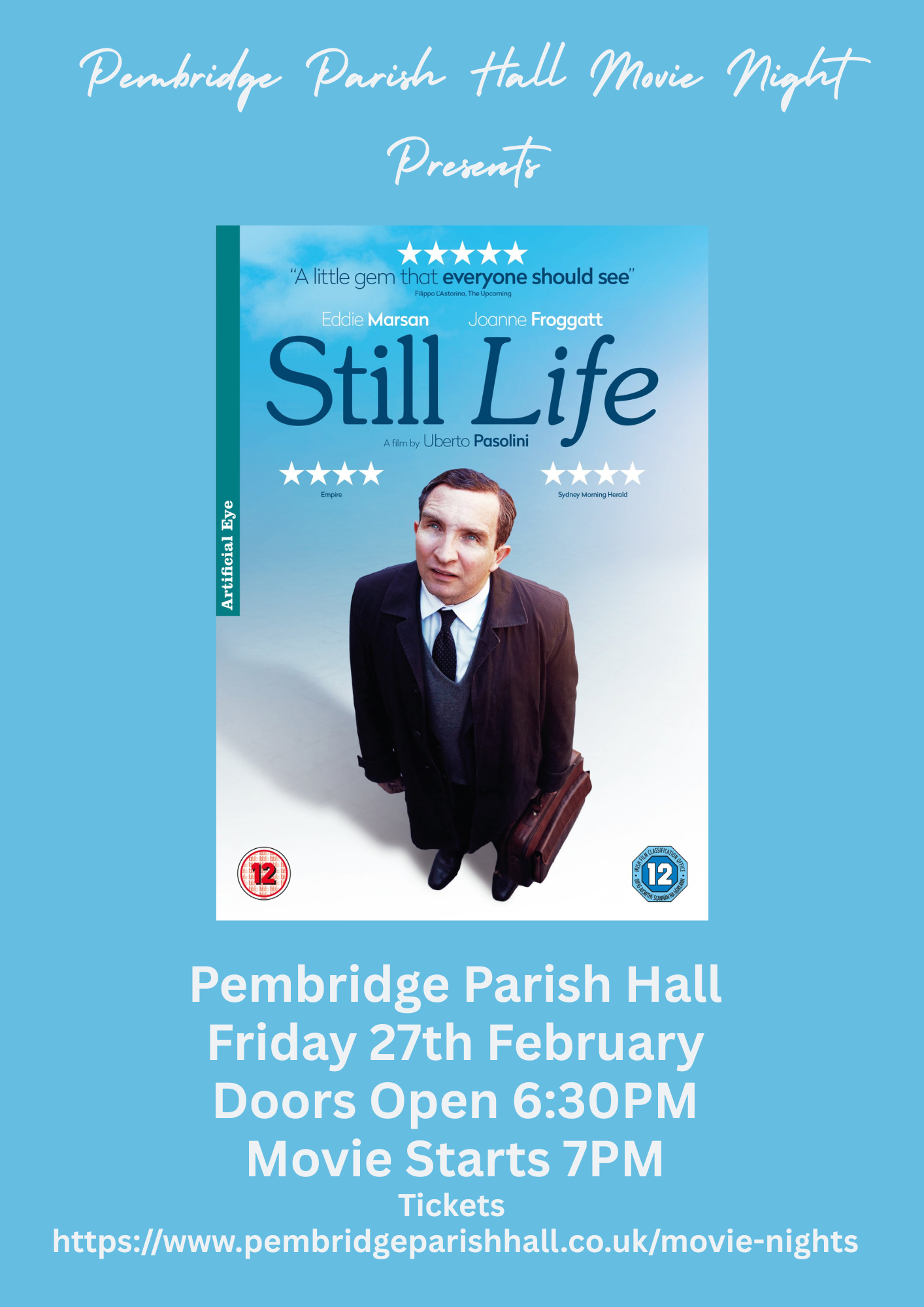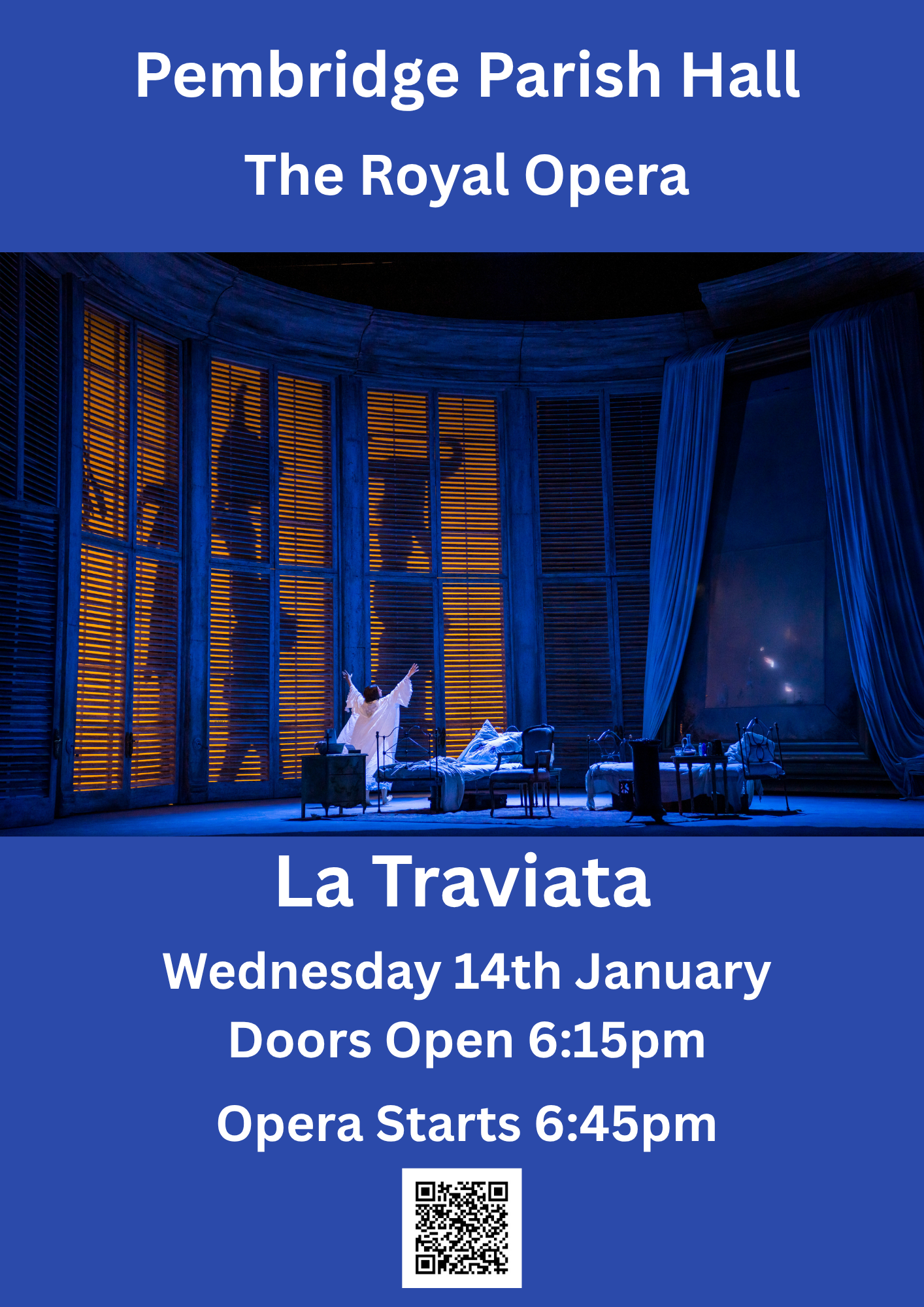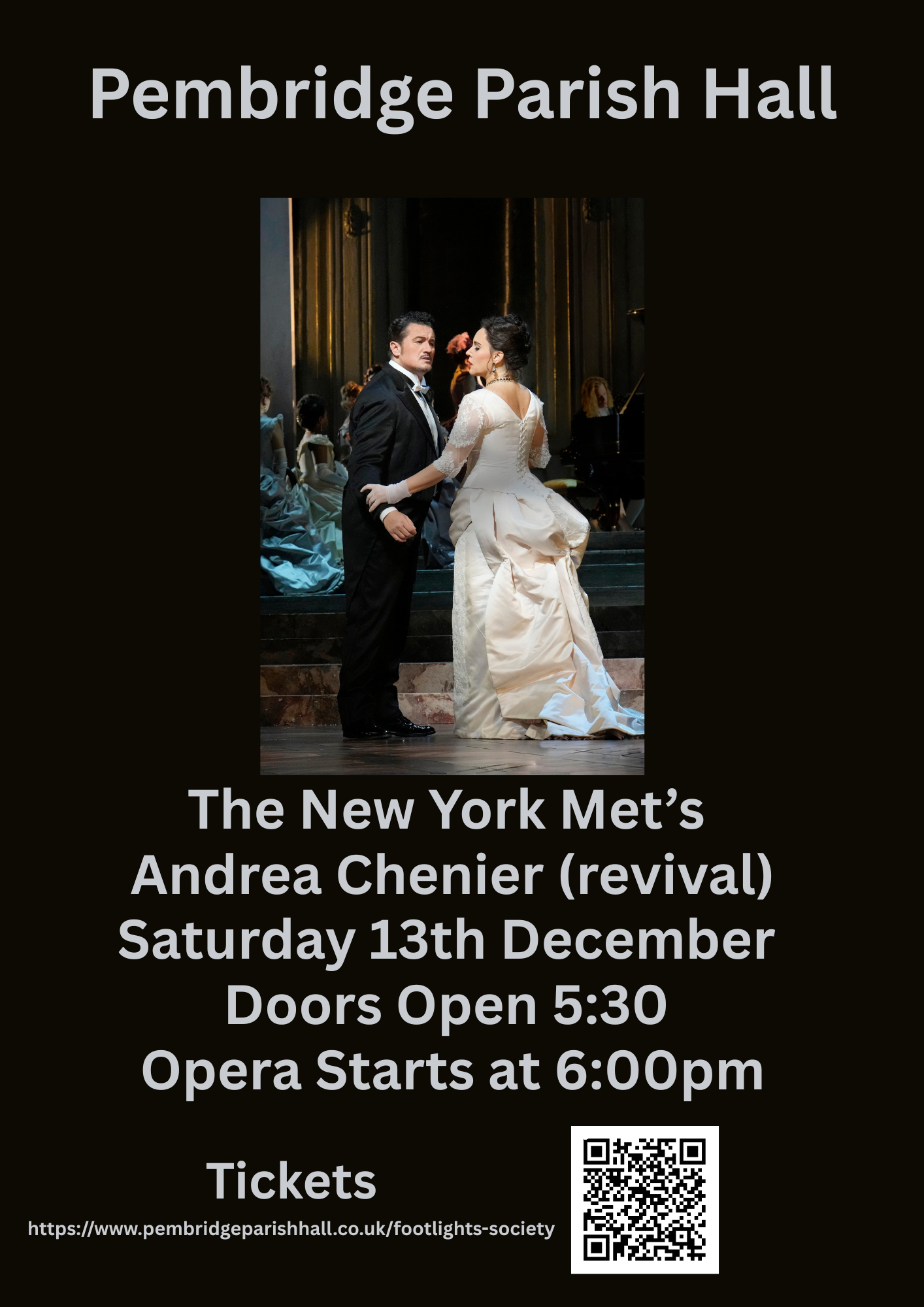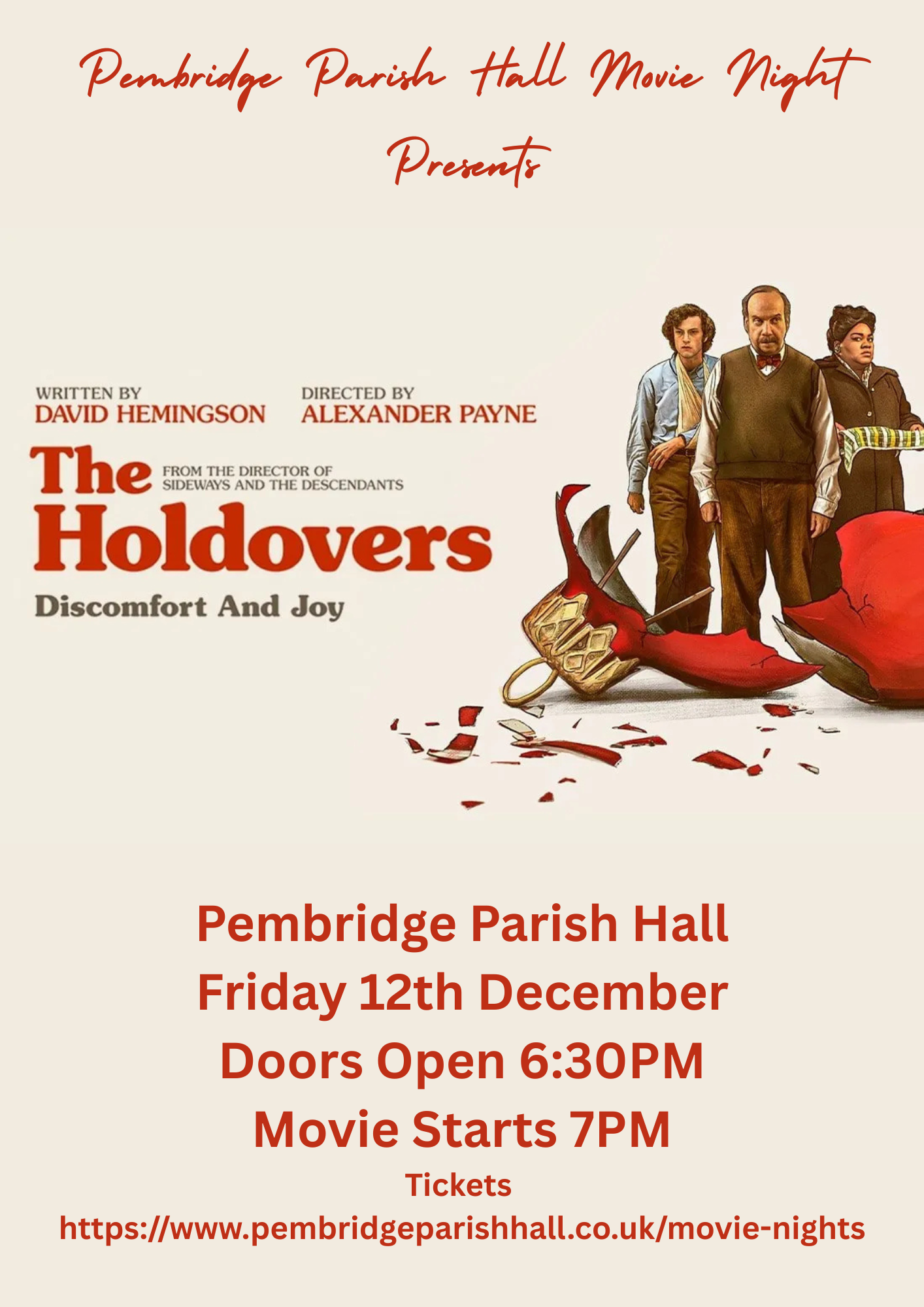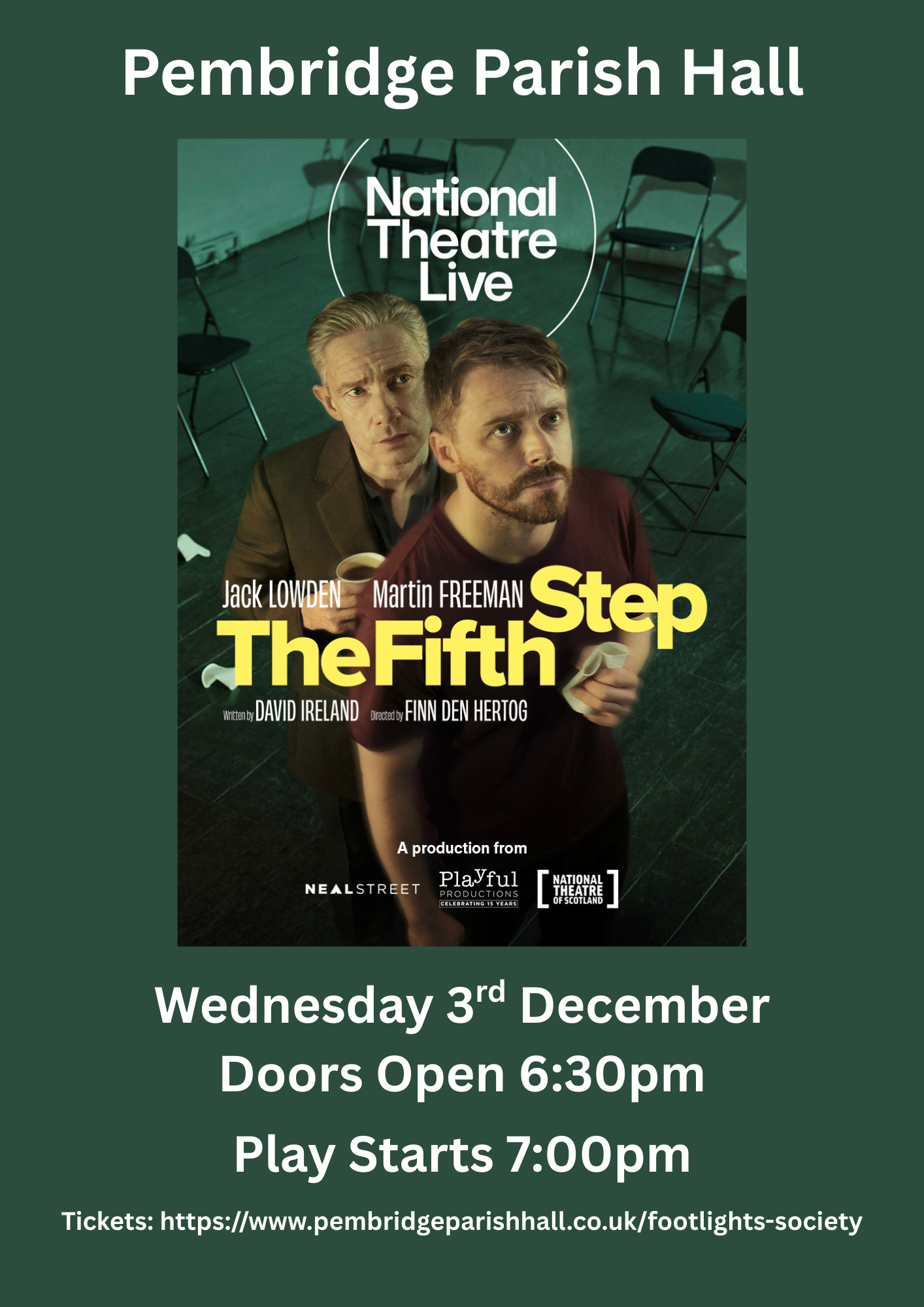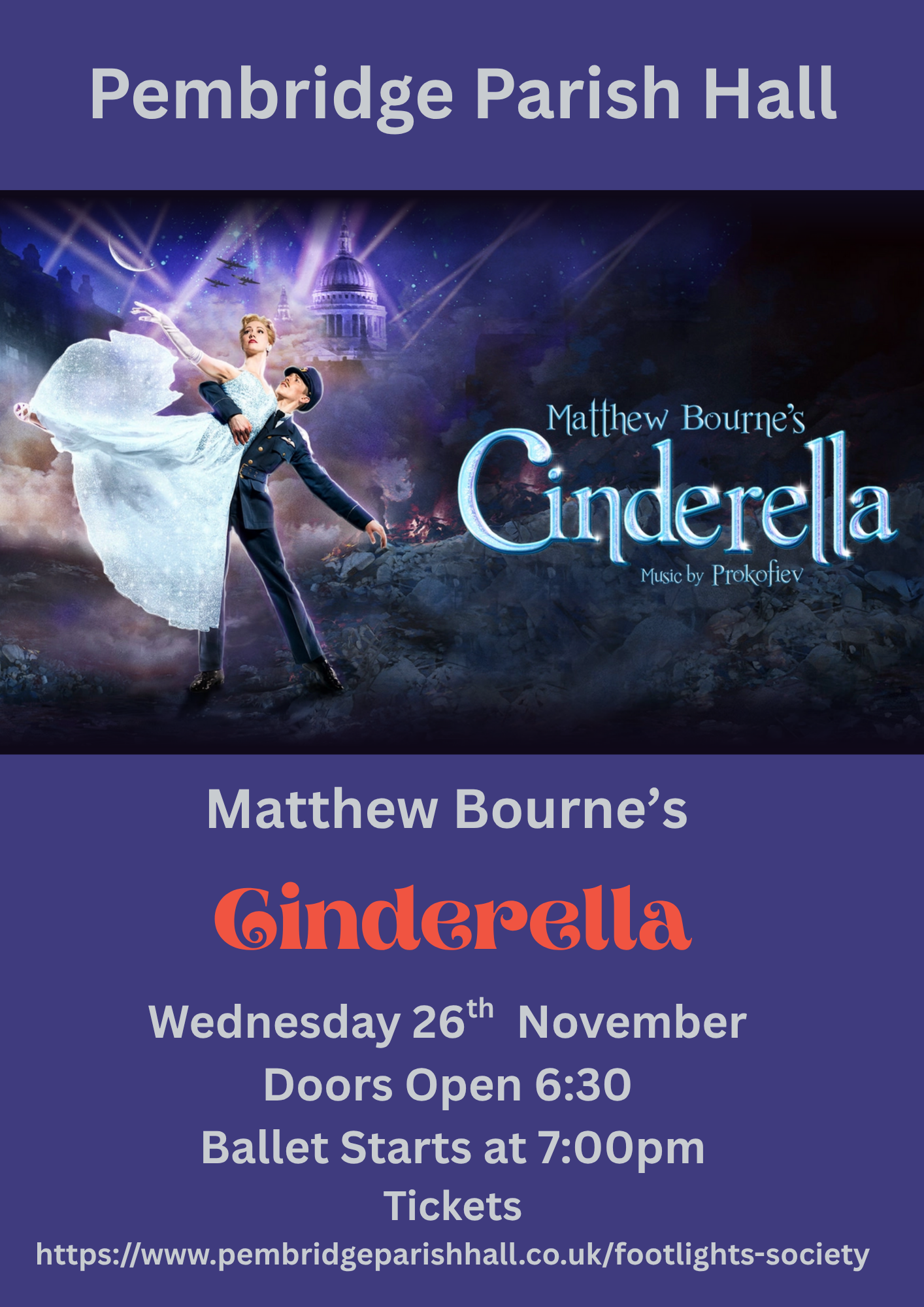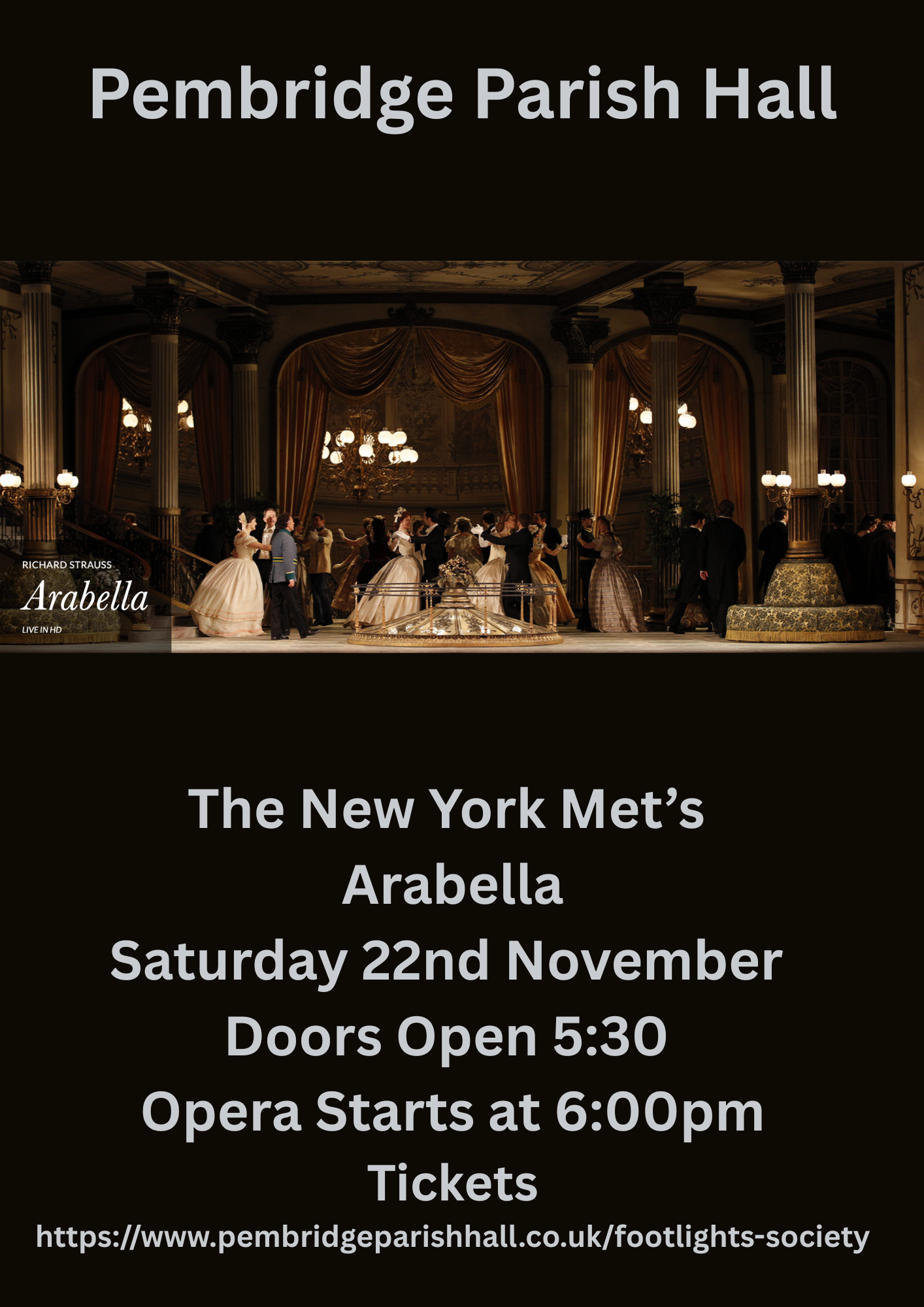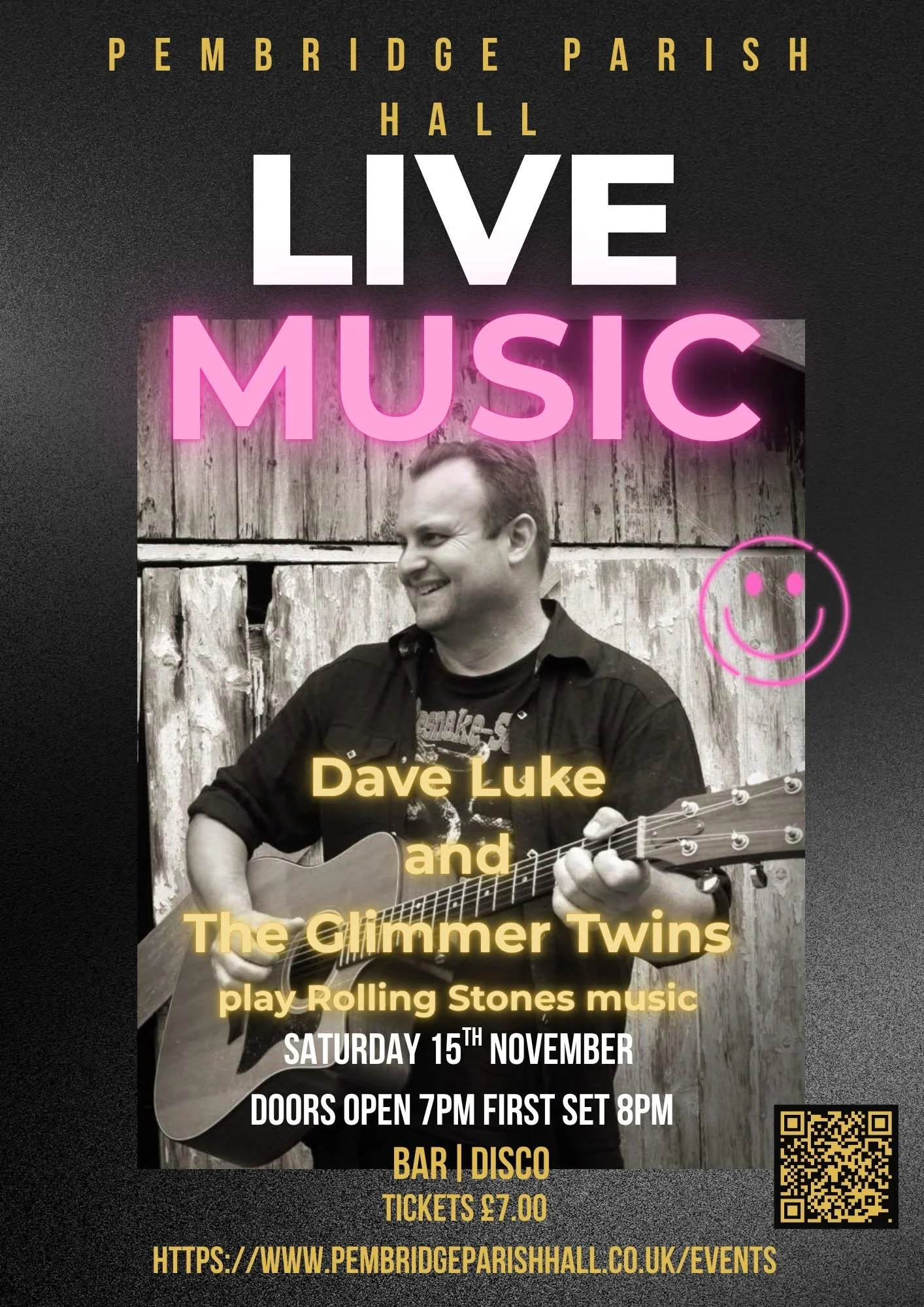
Upcoming Events Calendar
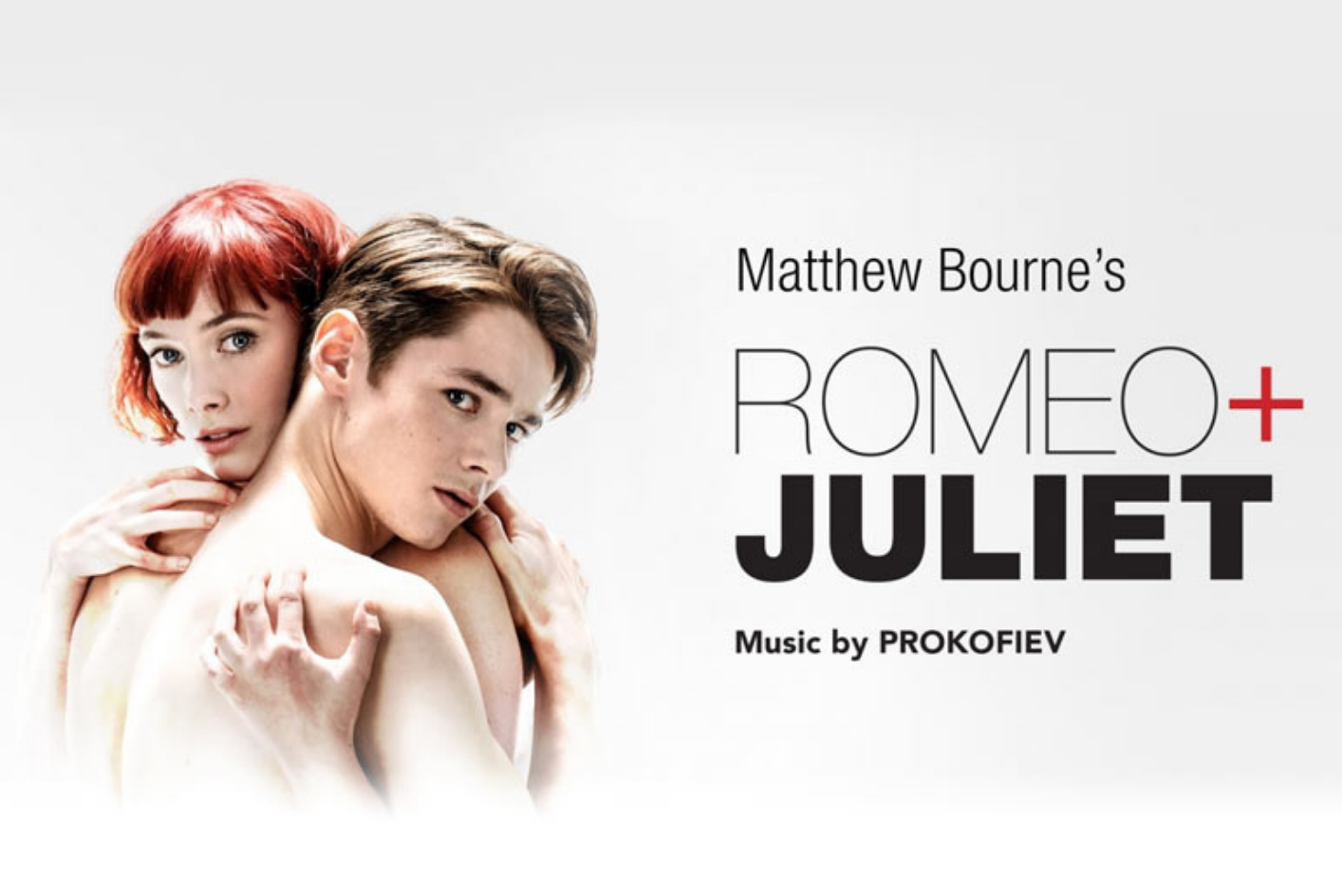
Ballet: Romeo + Juliet
A contemporary re-imagining of Romeo and Juliet featuring Britain's brightest young dancers in a production focused on bringing youth and vitality, accompanied by a new orchestration of the Prokofiev score.
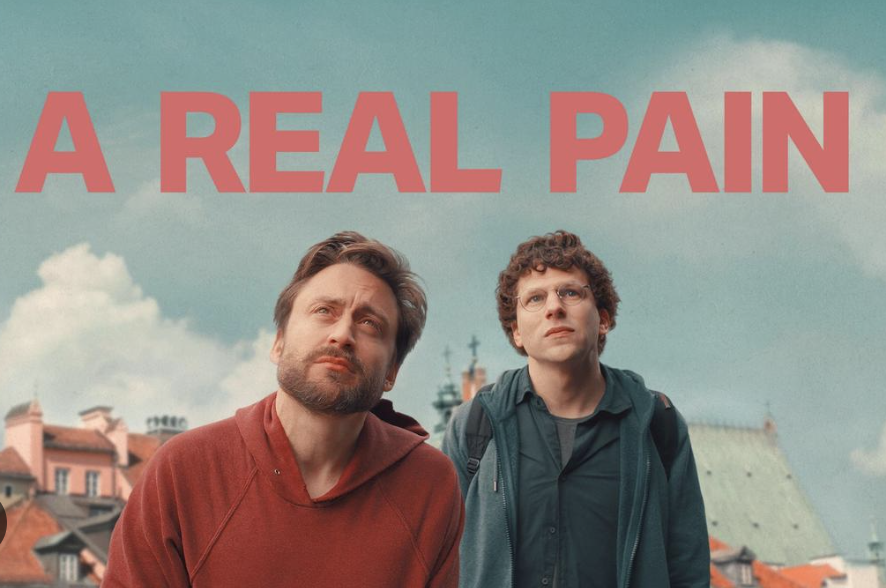
FILM: A Real Pain
A Real Pain is a 2024 comedy-drama film written and directed by Jesse Eisenberg. An international co-production between Poland and the United States, the film stars Eisenberg and Kieran Culkin as mismatched cousins who reunite for a Jewish heritage tour through Poland in honour of their late grandmother, but their old tensions resurface against the backdrop of their family history. Its supporting cast includes Will Sharpe, Jennifer Grey, Kurt Egyiawan, Liza Sadovy and Daniel Oreskes.

Talk: Artificial Intelligence
A Talk and Q&A session on Artificial Intelligence by George F.R. Chowdhury (Senior Robotics Analyst)
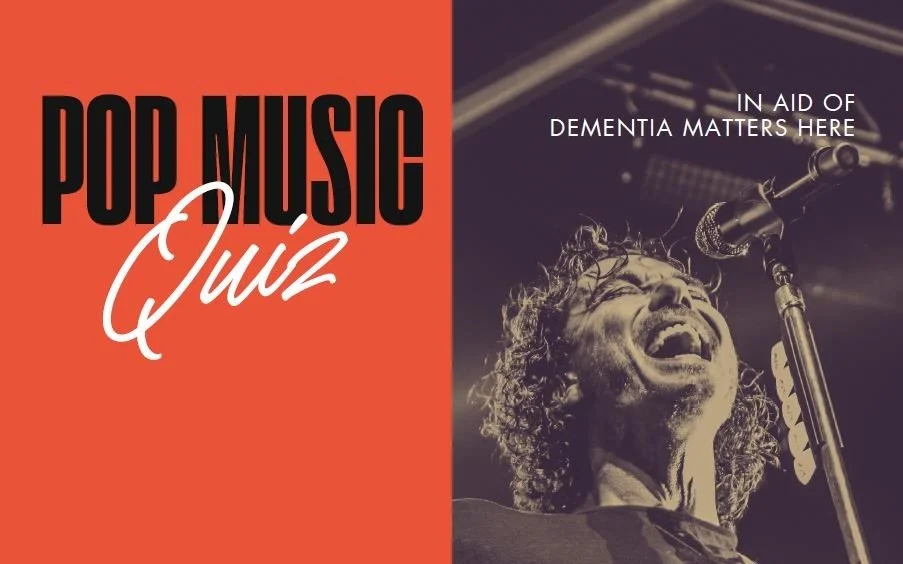
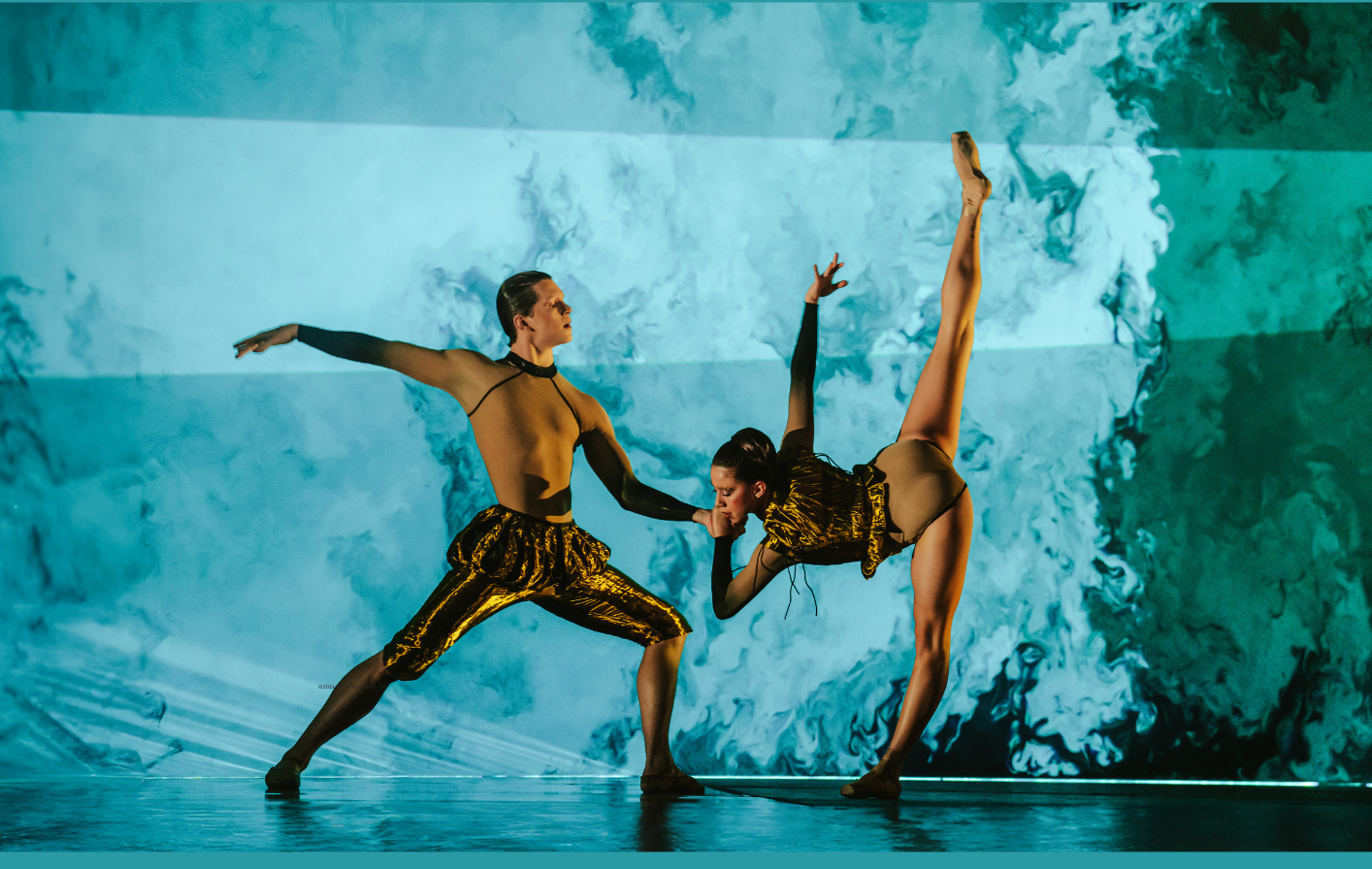
The Royal Ballet: Woolf Works
In the ballet, each act represent one of Woolf's novels. The three acts, titled "I now, I then", "Becomings" and "Tuesday" are inspired by Mrs. Dalloway, Orlando and The Waves respectively.
I now, I then (from Mrs Dalloway)
Mrs Dalloway, Woolf’s 1925 stream of consciousness novel, is set over the course of one day and alternates between two stories: a society hostess preparing for an important party and a shell-shocked war veteran on his way to a psychiatric assessment. Though they never meet, both Clarissa, the protected insider and Septimus, the social outcast, are haunted by the past. Opening with an excerpt from Woolf’s recorded essay, On Craftsmanship, I now I then is a journey into the writing of Mrs Dalloway, interweaving narrative fragments from the novel with aspects of Woolf’s autobiography including the experience of drawing on her own mental illness as subject matter.
Becomings (from Orlando)
‘on or about December 1910 human nature changed’ – Virginia Woolf
Written in an epoch of recalibration in every sphere including the roles and rights of women, modes of representation in art and literature, and rapid advances in cosmology, Woolf’s iconoclastic 1928 novel Orlando centres around a fantastical figure who journeys through three hundred years without growing old, and changes sex along the way. Relationships prove transient, even with himself, while relativity and plasticity define her experience of time and space. Becomings presents Orlando’s dizzying wide-angle vision of a vast, ever-altering universe in which life is energy passing through a multiplicity of forms – a brief, gorgeous flaring of insect wings, gestating, emerging, extinguishing and moving on.
Tuesday (from The Waves)
Grand and elegiac, The Waves (1931) is Woolf’s most experimental novel, conceived in response to her own childlessness and the contrasting fierce maternity of her sister Vanessa. In the novel, the voices of six people growing from childhood to old age are punctuated by symbols of natural decay and renewal, the most important of which is the ever-returning sea. Responding to Woolf’s unique fascination with underwater imagery in all her writing, Tuesday merges themes of The Waves with a portrayal of the writer’s suicide by drowning. As Woolf counts her steps towards the river Ouse and her final journey, so too the world of her novel moves towards abstraction and silence.
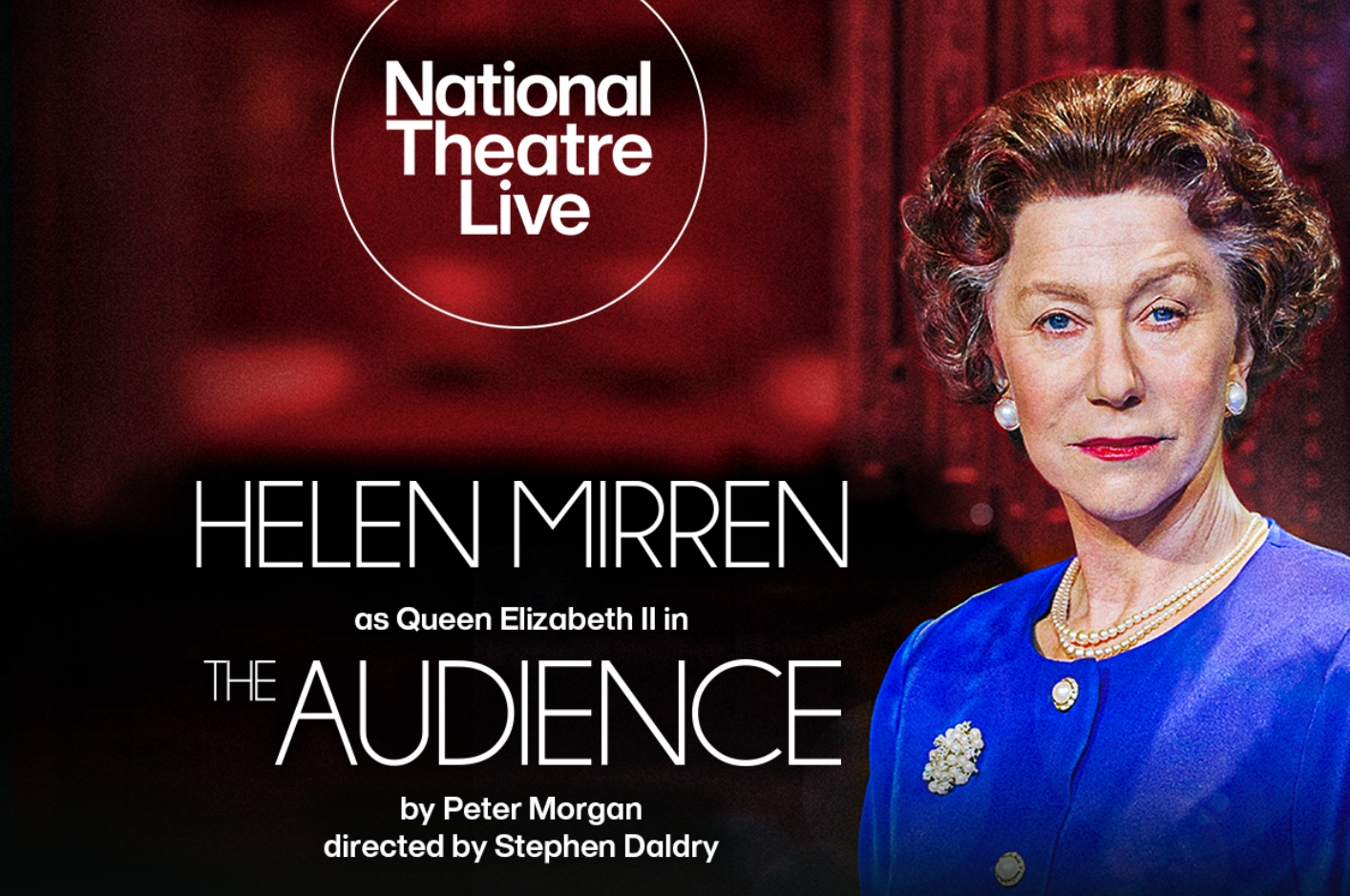
National Theatre Live: The Audience
National Theatre Live: The Audience is a filmed stage production starring Helen Mirren as Queen Elizabeth II, depicting her private weekly meetings with 12 Prime Ministers, offering insights into her reign and the woman behind the crown. This acclaimed play by Peter Morgan (creator of The Crown) shows intimate, pivotal moments from Churchill to Cameron, balancing wit with pathos, and is returning to the big screen for a limited time, available through NT Live partners.
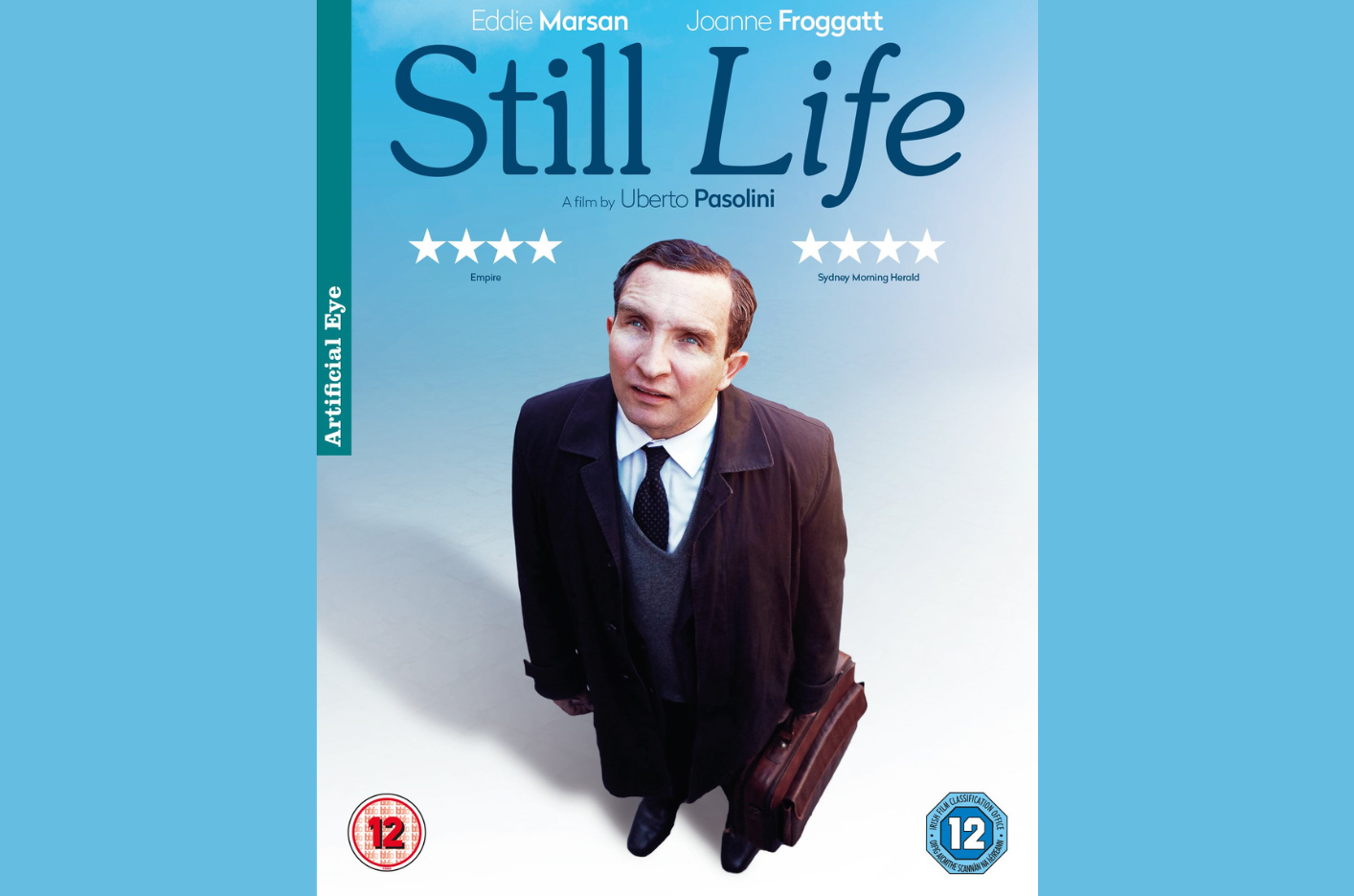
Movie Night: Still Life
Still Life is a 2013 drama film written and directed by Uberto Pasolini. The film was presented at the 70th Venice Film Festival, where it won the award for Best Director in the category "Orizzonti". At the Reykjavik International Film Festival, Still Life received the top award (Golden Puffin) as well as the FIPRESCI Award. It also received the Black Pearl award (the highest award) at the Abu Dhabi Film Festival for "its humanity, empathy and grace in treating grief, solitude and death"; for his performance, Eddie Marsan won the Best British Actor award at the 2014 Edinburgh International Film Festival.


RBO: Giselle (Ballet)
The peasant girl Giselle discovers the true, high-born identity of her lover Albrecht – and that he is promised to another. In despair at the revelation of Albrecht’s infidelity, Giselle kills herself. Her soul enters the ranks of the Wilis – shades of young women who died before their wedding day. All men that come across their path are compelled to dance themselves to death, and Albrecht falls into their trap. Through Giselle’s love from beyond the grave her intercession saves him and also releases her soul from the Wilis’ power.
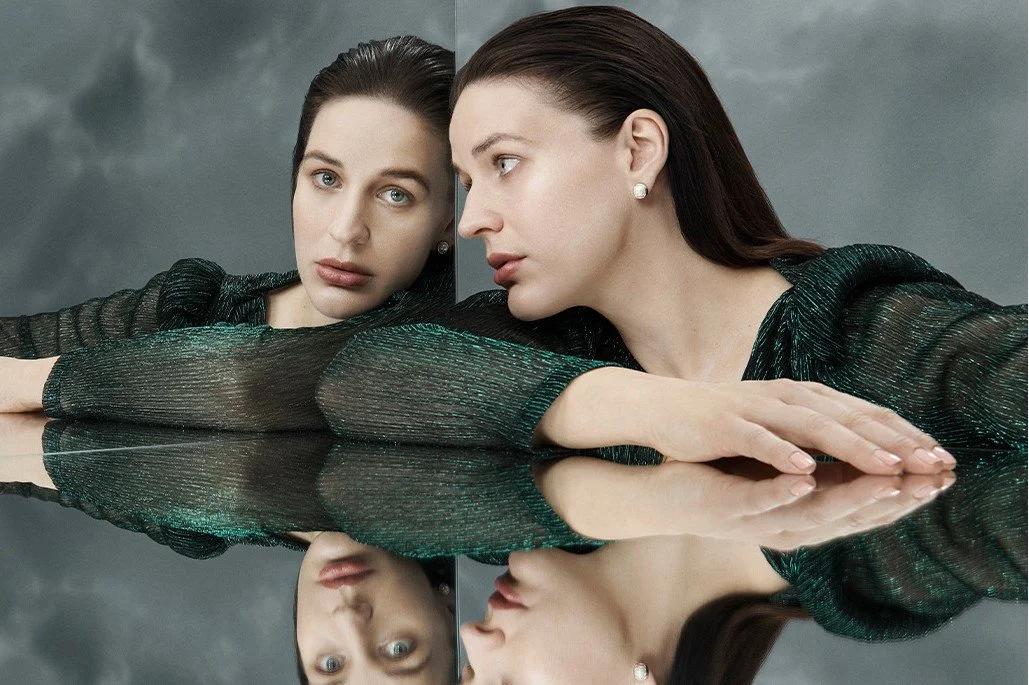
The Met’s, Tristan und Isolde (new production)
After years of anticipation, a truly unmissable event arrives as the electrifying Lise Davidsen tackles one of the ultimate roles for dramatic soprano: the Irish princess Isolde in Wagner’s transcendent meditation on love and death. Heroic tenor Michael Spyres stars opposite Davidsen as the love-drunk Tristan. The momentous occasion also marks the advent of a new, Met-debut staging by Yuval Sharon—hailed by The New York Times as “the most visionary opera director of his generation” and the first American to direct an opera at the famed Wagner festival in Bayreuth—as well as Music Director Yannick Nézet-Séguin’s first time leading Tristan und Isolde at the Met. Mezzo-soprano Ekaterina Gubanova reprises her signature portrayal of Brangäne, alongside bass-baritone Tomasz Konieczny, who sings Kurwenal after celebrated Met appearances in Wagner’s Der Fliegende Holländer and Ring cycle. Bass-baritone Ryan Speedo Green makes an important role debut as King Marke.

RBO: Siegried (Opera)
From darkness to destiny
Raised by a scheming dwarf and unaware of his true family origins, a young man embarks on an epic journey. His destiny soon brings him face-to-face with a shattered sword, a fearsome dragon and the cursed ring it guards, and a Valkyrie forced into enchanted slumber...

RBO: The Magic Flute (Opera)
Prince Tamino promises the Queen of the Night that he will rescue her daughter Pamina from the enchanter Sarastro. He begins his quest, accompanied by the bird-catcher Papageno – but all is not as it seems…
Tamino and Papageno discover Sarastro is a wise and kind leader. They undergo three ordeals. By the end they are united with their true loves: Tamino with Pamina, and Papageno with his Papagena.

The Met’s, Eugene Onegin (revival)
Pushkin presents a vast overview of old Russian society around 1820, which Tchaikovsky’s original score neatly divides into each of its three acts: from the timeless rituals of country life to the rural gentry with its troubles and pleasures and, finally, the glittering imperial aristocracy of St. Petersburg. The Met’s production places the action in the later 19th century, around the time of the opera’s premiere.

The Met’s, El Último Sueño de Frida y Diego
American composer Gabriela Lena Frank makes her Met debut with her first opera, a magical-realist portrait of Mexico’s painterly power couple Frida Kahlo and Diego Rivera, with libretto by Pulitzer Prize–winning playwright Nilo Cruz. Fashioned as a reversal of the Orpheus and Euridice myth, the story depicts Frida, sung by leading mezzo-soprano Isabel Leonard, leaving the underworld on the Day of the Dead and reuniting with Diego, portrayed by baritone Carlos Álvarez. The famously feuding pair briefly relive their tumultuous love, embracing both the passion and the pain before bidding the land of the living a final farewell. Yannick Nézet-Séguin conducts the Met premiere of Frank’s opera, a “confident, richly imagined score” (The New Yorker) that “bursts with color and fresh individuality” (Los Angeles Times). The vibrant new production, taking enthusiastic inspiration from Frida and Diego’s paintings, is directed and choreographed by Deborah Colker, following her remarkable 2024 debut staging of Ainadamar.

London Theatre: Kinky Boots (15)
Set in a struggling shoe factory in Northampton, the story follows an unlikely partnership between a passionate shoe maker and a dazzling performer with a bold idea that just might save the business.
With songs by pop icon Cyndi Lauper and a heartwarming book by Harvey Fierstein, Kinky Boots is packed with humour, vibrant choreography, and unforgettable music. It’s a joyous journey of acceptance and empowerment that reminds us all to stand tall, be ourselves, and never let anyone dull our shine.
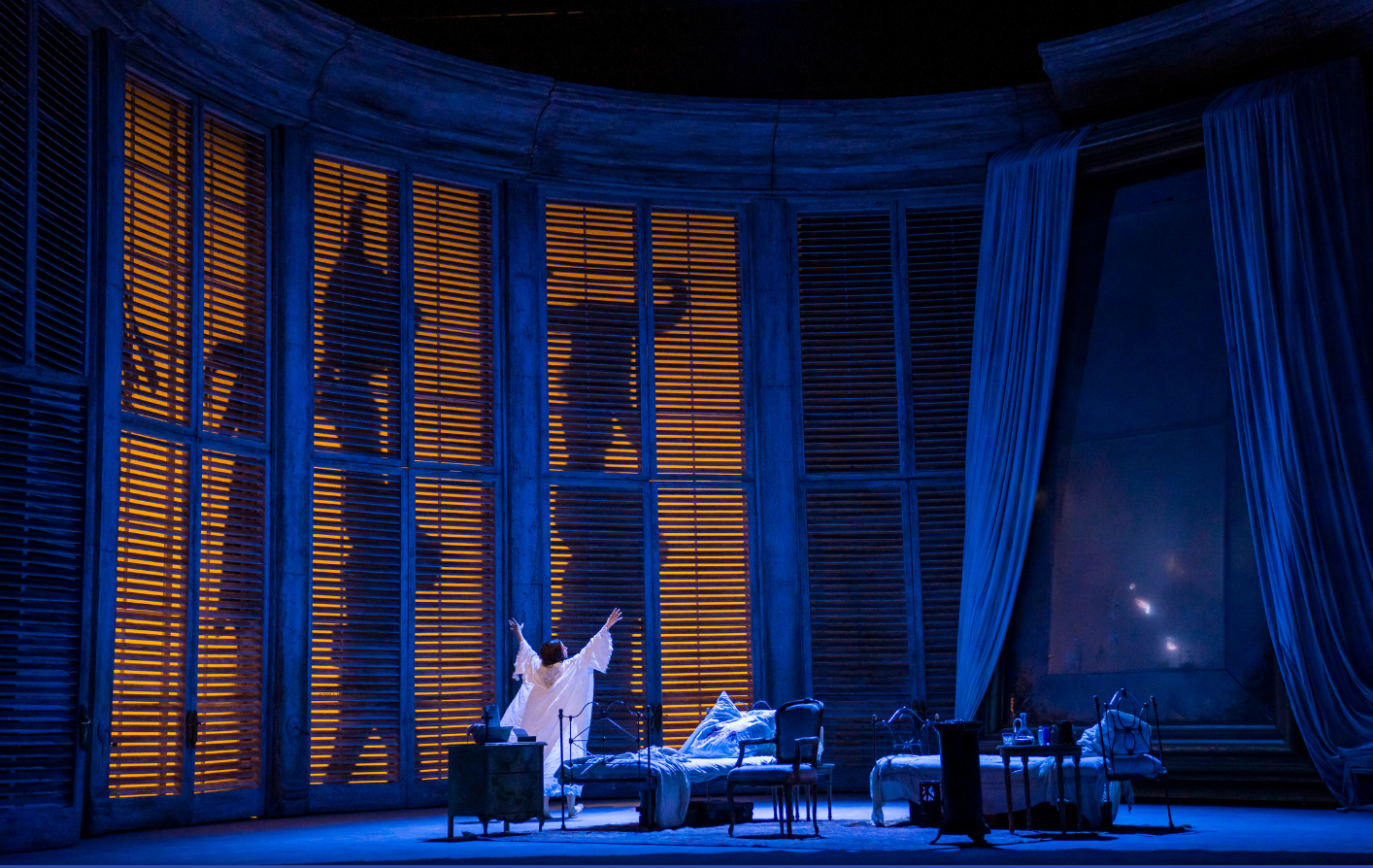
RBO: La traviata (Opera)
At one of her lavish parties, the celebrated Parisian courtesan Violetta is introduced to Alfredo Germont. She has just returned to public life following a period of illness, and is touched by Alfredo’s concern. The two instantly fall in love, and Alfredo asks Violetta to join him in the countryside. Though hesitant to leave behind her life of luxury and freedom, she agrees, following her heart. After three months of living with Alfredo, Violetta, alone at the house, receives an unexpected visit from his father, Giorgio Germont, who persuades her to give up Alfredo to save the Germont family from scandal. Though heartbroken at the thought of leaving Alfredo, Violetta eventually agrees. Rather than return to his family home, Alfredo follows Violetta to Paris. But when he finds her with her former protector Baron Douphol, tensions erupt. With Violetta’s health increasingly fragile, will it be too late for Alfredo to make amends?


The Met’s, I Puritani
The opera is set in the English Civil War of Puritans versus Royalists. While taking many liberties with history, it is set against a background that was a universal idea and very familiar to Italians in Bellini’s time. The bel canto composers explored with powerful results the relationship of civil strife and individual madness: Donizetti’s Lucia di Lammermoor works with a similar, if slightly less explicit, format.



The Met’s, Andrea Chenier (revival)
The story is based loosely on the life of the French poet André Chénier (1762–1794), who was executed during the French Revolution. The character Carlo Gérard is partly based on Jean-Lambert Tallien, a leading figure in the Revolution.

Coffee Morning
Saturday Coffee Mornings every month in Pembridge Parish Hall
Join us for coffee/tea, home made cakes, meet the neighbours for friendship and a chat
Sponsored this month by St. Mary’s Church

FILM: The Holdovers
A curmudgeonly instructor at a New England prep school remains on campus during Christmas break to babysit a handful of students with nowhere to go. He soon forms an unlikely bond with a brainy but damaged troublemaker, and with the school's head cook, a woman who just lost a son in the Vietnam War.

RBO: The Nutcracker (Ballet)
The magician Herr Drosselmeyer is on a quest to save his nephew. Hans-Peter has been transformed into a Nutcracker doll by the wicked Queen of the Mice; the only way to break the spell is for the Nutcracker to defeat the Mouse King and find a girl to love and care for him. A flicker of hope comes to Drosselmeyer in the form of the young Clara, whom Drosselmeyer meets at the Stahlbaum’s Christmas party. With a swish of Drosselmeyer’s cape and a little bit of magic, a cosy festive gathering turns into a marvellous adventure.

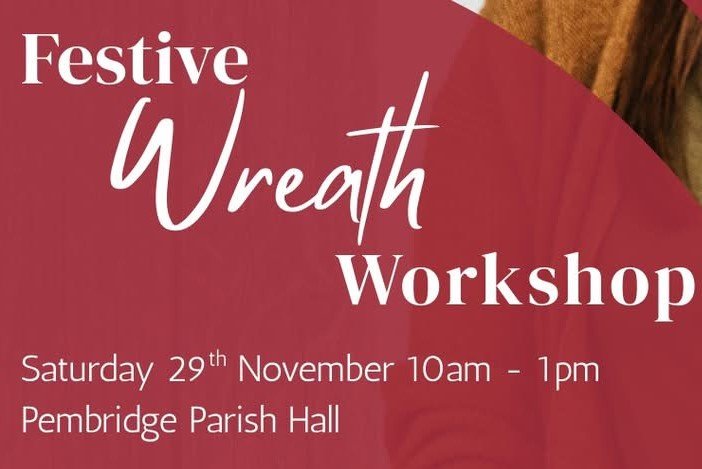
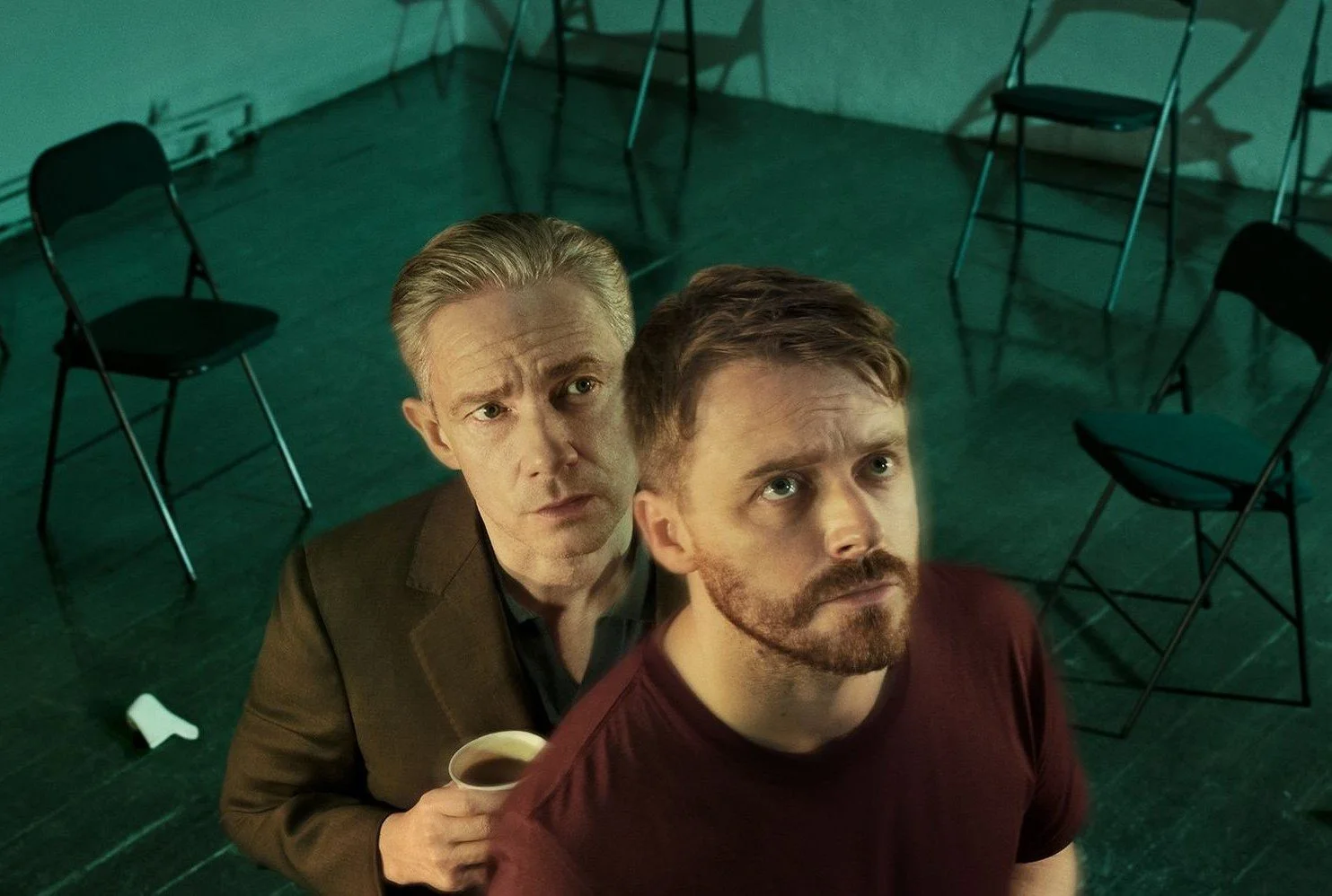
National Theatre Live: The Fifth Step
Olivier Award-winner Jack Lowden (Slow Horses, Dunkirk) is joined by Emmy and BAFTA-winner Martin Freeman (The Hobbit, The Responder) in the critically acclaimed and subversively funny new play by David Ireland.
After years in the 12-step programme of Alcoholics Anonymous, James becomes a sponsor to newcomer Luka. The pair bond over black coffee, trade stories and build a fragile friendship out of their shared experiences. But as Luka approaches step five – the moment of confession – dangerous truths emerge, threatening the trust on which both of their recoveries depend.


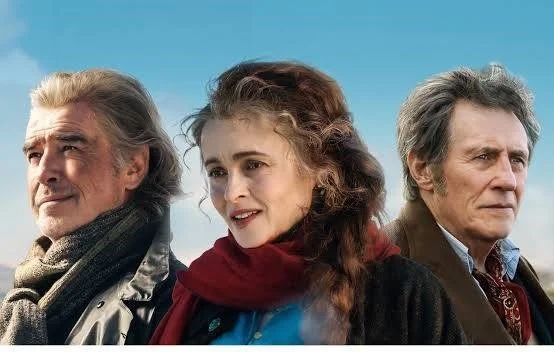
FILM: Four Letters of Love
Four Letters of Love is a 2024 drama film directed by Polly Steele. It is written by Niall Williams, who adapted his book of the same name. It stars Pierce Brosnan, Helena Bonham-Carter, and Gabriel Byrne.
Nicholas and Isabel seem to be made for each other but forces outside of them seem to be working against them...will they be able to come together, despite it all?


Matthew Bourne’s Cinderella
Matthew Bourne's Cinderella is a thrilling and evocative love story told in dance. A reinterpretation of the classic fairy tale, it features heart-stopping choreography and vivid, truthful characters. Set in London during the Second World War, the drama features Cinderella and a dashing young RAF pilot. Together just long enough to fall in love, they are parted by the horrors of the Blitz.


The Met’s, Arabella
Strauss’s elegant romance brings the glamour and enchantment of 19th-century Vienna to the Met stage in a sumptuous production by legendary director Otto Schenk that “is as beautiful as one could hope” (The New York Times). Compelling soprano Rachel Willis-Sørensen makes her role debut as the title heroine, a young noblewoman in search of love on her own terms. Soprano Louise Alder makes her Met debut as her sister, Zdenka, and bass-baritone Tomasz Konieczny is the dashing count who sweeps Arabella off her feet.




Coffee Morning
Saturday Coffee Mornings every month in Pembridge Parish Hall
Join us for coffee/tea, home made cakes, meet the neighbours for friendship and a chat
Sponsored this month by Town Hall Committee





Pembridge Primary School & Nursery Open Morning
Open Morning at Pembridge CE Primary School, Bearwood Lane, 9am -12 noon.
Book a visit 01544 388366. www.pembridgeprimary.org.uk

Pembridge Primary School Remembrance Service
Pembridge Primary School Remembrance Service at the War memorial, West Street. Parents and friends welcome.
